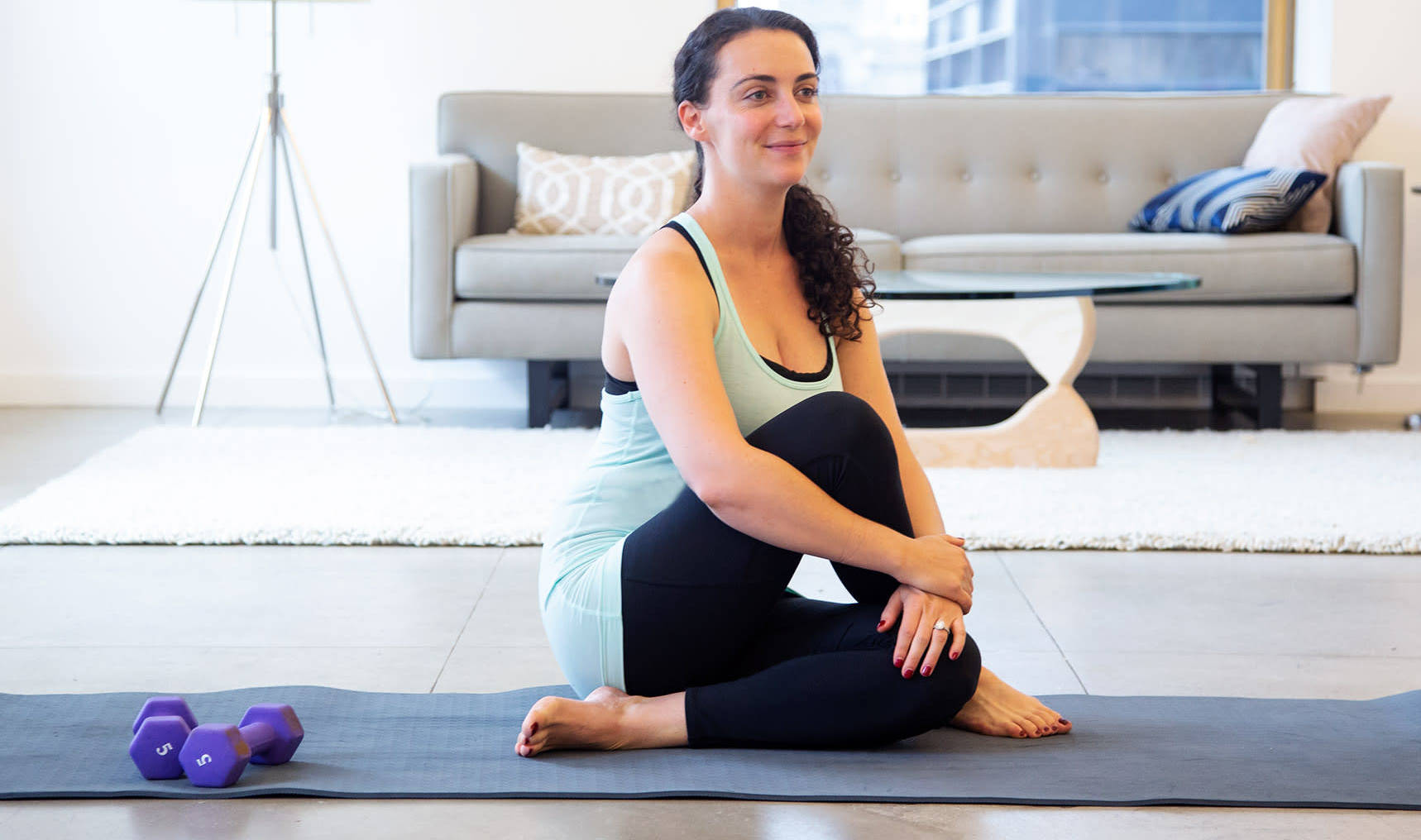menopause exercise program

A well-rounded exercise program can be beneficial during menopause. Exercise can help manage some of the common symptoms of menopause, such as weight gain, decreased bone density, mood swings, and reduced muscle mass. It is important to note that before starting any exercise program, it's recommended to consult with your healthcare provider to ensure it is appropriate for your individual health condition.
Here are some general guidelines for a menopause exercise program:
Cardiovascular Exercise: Engage in activities that elevate your heart rate and increase your breathing. This could include brisk walking, jogging, cycling, swimming, dancing, or aerobic classes. Aim for at least 150 minutes of moderate-intensity aerobic exercise or 75 minutes of vigorous-intensity aerobic exercise per week.
Strength Training: Incorporate strength training exercises into your routine to help maintain muscle mass and bone density. Focus on exercises that target major muscle groups, such as squats, lunges, push-ups, and dumbbell or resistance band exercises. Aim for two to three sessions per week, allowing at least 48 hours of rest between sessions.
Flexibility and Stretching: Include stretching exercises to improve flexibility and prevent muscle stiffness. Activities like yoga, Pilates, or simple stretching routines can help increase range of motion and reduce the risk of injury. Consider incorporating stretching exercises into your routine at least two to three times per week.
Balance and Core Exercises: Menopause can increase the risk of falls and fractures, so incorporating balance and core exercises into your routine can be beneficial. Exercises like tai chi, yoga, and specific balance exercises can help improve stability and reduce the risk of falls.
Mind-Body Exercises: Menopause can bring about hormonal changes that affect mood and stress levels. Mind-body exercises like yoga, meditation, deep breathing, or tai chi can help reduce stress, promote relaxation, and improve overall well-being.
Listen to Your Body: Pay attention to how your body feels during and after exercise. If you experience pain, dizziness, or any unusual symptoms, modify or stop the exercise and consult with your healthcare provider.
Remember to start slowly and gradually increase the intensity and duration of your workouts as your fitness level improves. Stay hydrated, wear comfortable clothing and shoes, and make sure to warm up before and cool down after each exercise session.
In addition to exercise, it's important to maintain a healthy lifestyle, including a balanced diet, adequate sleep, and stress management techniques, to support overall well-being during menopause.
Please indicate the address of this article for reprint https://www.sportshealthprogram.com/womens-fitness/202307636.html





















